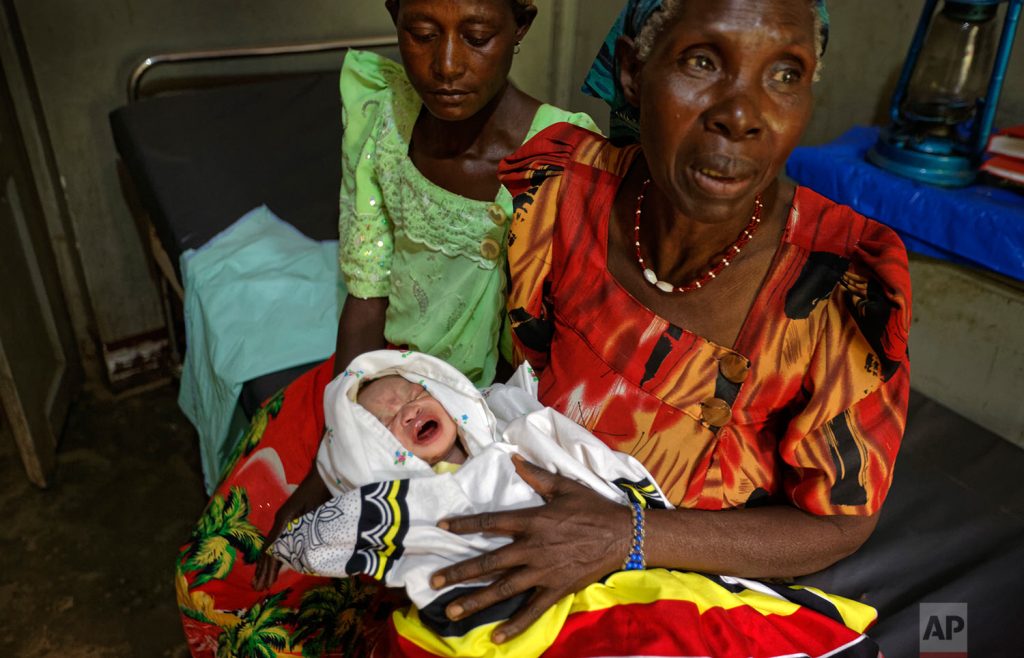Millions of children worldwide remain unregistered at birth, leaving them without a legal identity and vulnerable to statelessness and rights violations, according to a report by the United Nations International Children’s Emergency Fund (UNICEF) on Tuesday.
While global birth registration rates have seen some progress, with 77% of children under five having their births registered over the past five years, an estimated 150 million young children remain undocumented. This marks an increase of two percentage points since 2019, but significant challenges persist.
The report revealed that 50 million of the registered children still lack official birth certificates, further complicating their legal standing. Birth certificates play a crucial role in confirming identity and age, which are often prerequisites for securing nationality and protecting children from risks such as child labour, forced marriage, and recruitment into armed groups.

UNICEF Executive Director Catherine Russell emphasised the importance of birth registration, stating, “Birth registration ensures children are immediately recognized under the law, providing a foundation for protection from harm and exploitation, as well as access to essential services like vaccines, healthcare and education.” She also expressed concern over the millions of children who remain unregistered, rendering them “invisible” in the eyes of governments and legal systems.
The problem is particularly acute in sub-Saharan Africa, where only 51% of young children have been registered. Barriers include a lack of awareness among families about the registration process, prohibitive costs, insufficient political commitment, and discrimination based on factors such as gender, ethnicity, or religion.
UNICEF’s findings highlight the urgent need for governments and organisations to prioritise universal birth registration to ensure that no child is left behind.


